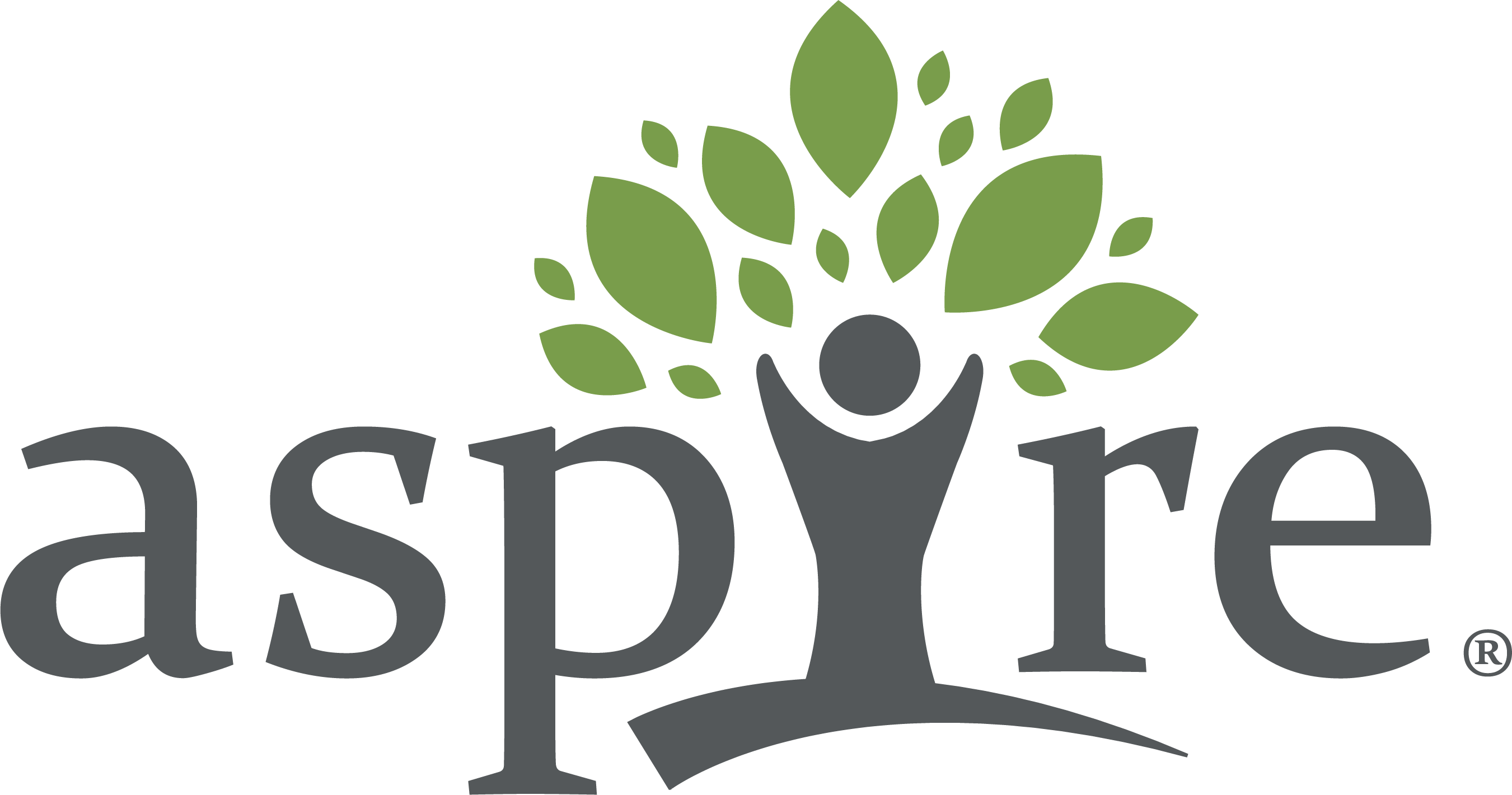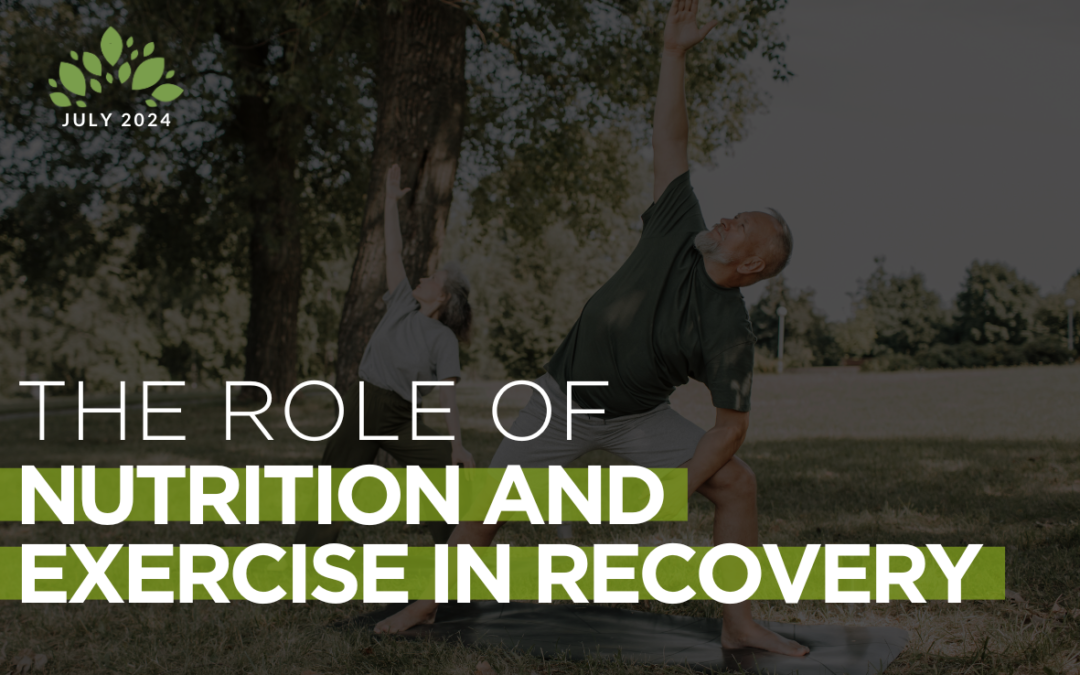Recovery from addiction is a multifaceted journey that requires a comprehensive approach to health and well-being. Two critical components of this process are proper nutrition and regular exercise. Both play a significant role in supporting physical and mental health during recovery, helping to restore balance and promote long-term success. By addressing the unique challenges faced during recovery, nutrition and exercise can significantly enhance the healing process. This holistic approach not only aids in overcoming addiction but also fosters a healthier and more resilient lifestyle.
How Nutrition Supports Recovery
Physical Health
Restoring Nutrient Deficiencies
Addiction often leads to poor eating habits, resulting in significant nutrient deficiencies. A balanced diet helps replenish these essential nutrients, supporting overall health and the body’s ability to heal. Nutrients such as vitamins, minerals, and proteins are crucial for repairing tissue damage and restoring the body’s natural functions.
Boosting Energy Levels
Proper nutrition provides the energy needed to engage in daily activities and recovery programs. Foods rich in complex carbohydrates, lean proteins, and healthy fats offer sustained energy, preventing fatigue and enhancing participation in therapeutic activities.
Strengthening the Immune System
A diet rich in vitamins and minerals boosts the immune system, making the body more resilient to illnesses. Essential nutrients like vitamin C, zinc, and antioxidants play a vital role in protecting the body from infections and supporting overall immune function.
Mental Health
Stabilizing Mood
Certain nutrients, such as omega-3 fatty acids, B vitamins, and amino acids, play a crucial role in regulating mood and reducing symptoms of depression and anxiety. These nutrients support the production of neurotransmitters like serotonin and dopamine, which are essential for emotional stability.
Improving Cognitive Function
Proper nutrition supports brain health, enhancing memory, concentration, and decision-making skills. Nutrients such as omega-3 fatty acids and antioxidants are particularly beneficial for cognitive function, helping to improve mental clarity and focus.
Reducing Cravings
A balanced diet helps regulate blood sugar levels, which can reduce cravings for addictive substances. Consistent, nutritious meals prevent the blood sugar spikes and crashes that often trigger cravings, making it easier to stay on the path to recovery.
How Exercise Supports Recovery
Physical Health
Improving Physical Fitness
Regular exercise enhances cardiovascular health, muscle strength, and overall physical fitness. Activities such as walking, running, and strength training improve heart health, increase muscle mass, and boost overall endurance.
Detoxification
Sweating during exercise helps eliminate toxins from the body. Physical activity promotes sweating, which aids in the detoxification process and helps to cleanse the body of harmful substances accumulated during addiction.
Enhancing Sleep Quality
Physical activity promotes better sleep patterns, which are crucial for recovery. Regular exercise helps regulate sleep cycles, improving both the quantity and quality of sleep, which is essential for physical and mental restoration.
Mental Health
Reducing Stress and Anxiety
Exercise releases endorphins, which are natural stress relievers and mood boosters. These “feel-good” hormones help reduce feelings of stress and anxiety, contributing to a more positive outlook on life and recovery.
Building Self-Esteem
Achieving fitness goals can improve self-esteem and confidence. Setting and reaching exercise milestones provide a sense of accomplishment and empower individuals to take control of their recovery journey.
Creating a Routine
Regular exercise adds structure to daily life, which is beneficial for those in recovery. Establishing a consistent exercise routine helps create a sense of normalcy and stability, making it easier to maintain other healthy habits.
The integration of proper nutrition and regular exercise into recovery programs is essential for promoting physical and mental well-being. By addressing nutrient deficiencies, boosting energy levels, and strengthening the immune system, nutrition supports overall health. Simultaneously, exercise enhances physical fitness, aids in detoxification, and improves mental health through stress reduction and routine establishment. Together, these elements provide a strong foundation for a successful and sustainable recovery.
Myself
A Loved One
A Teen

Planting Seeds, Saving Lives
Copyright © 2026 Aspire Counseling Services® | Privacy Practices | Terms and Conditions | Powered & Designed by Citryn, LLC

MENU
LOCATIONS

